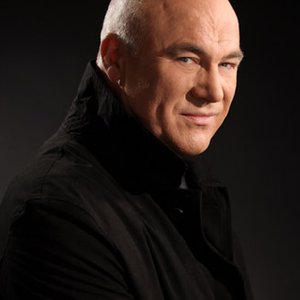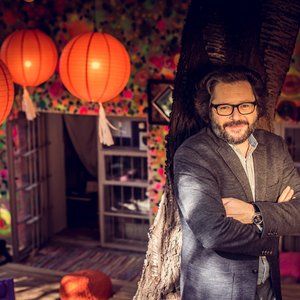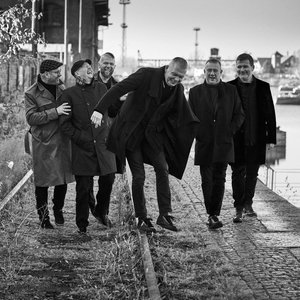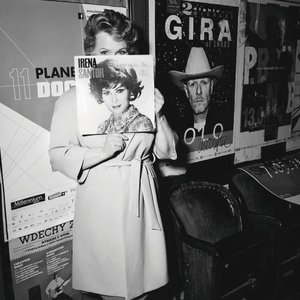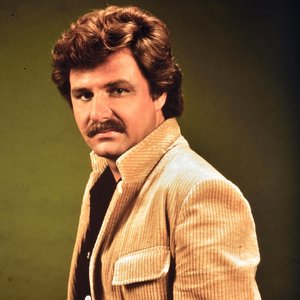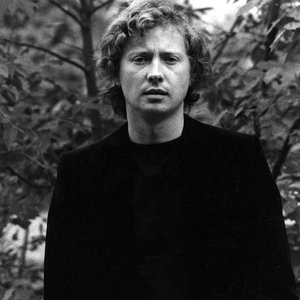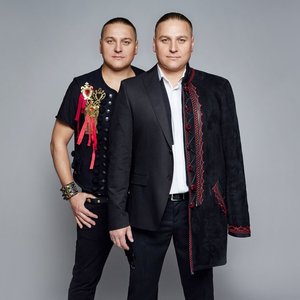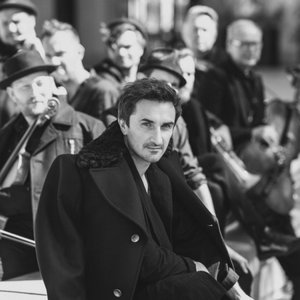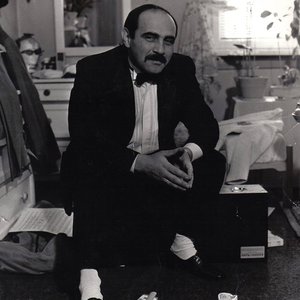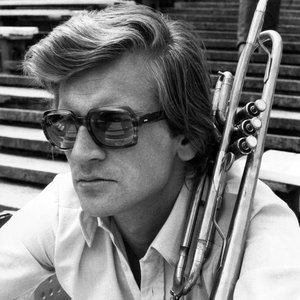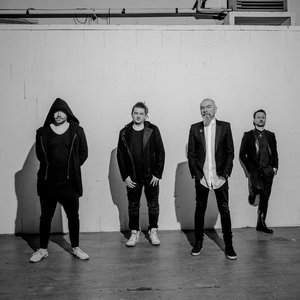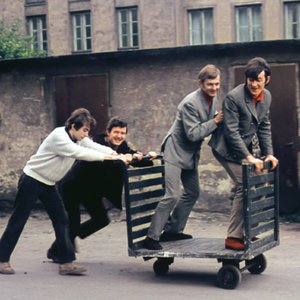Biography
-
Born
26 April 1959 (age 65)
-
Born In
Żory, Śląskie, Poland
Soyka is a Polish jazz and pop singer, pianist and composer. He was born as Stanisław Sojka on April 26, 1959 in Żory, Poland, a small town in the Upper Silesia.
He started performing in public as a soprano singer in the Gliwice Cathedral Choir, when he was seven years old. In the same time he also was a violin student of the second grade at the State Musical School in Gliwice. His musical education was continued at the Music High School in Katowice and completed with master degree in arrangement and composing from the Katowice Music Academy.
Soyka professionally debuted on stage on November 1978, when he performed in concert at the National Philharmonic Hall in Warsaw in the prestigious "Jazz at the Philharmonic" series. He presented a recital, inspired by classic jazz, soul and R'n'B with songs of Ray Charles, Stevie Wonder, The Beatles and George Gershwin, but also traditional Polish Christmas carols and folklore tunes. That concert was recorded and released in 1979 as Soyka’s debut album entitled Don’t You Cry. In that year Stanisław Soyka also won the top prize at Lubelskie Spotkania Jazzowe (Lublin Jazz Conference).
Until 1985 he released three more jazz albums and even one with religious music. He has been named the best Polish jazz vocalist by readers of magazine "Jazz Forum", from 1983 to 1988. In the same period of time Soyka recorded also some pop songs for Polish Radio, which later were collected on album Radioaktywny, released in 1989.
In 1986 Soyka signed a two-year record deal with RCA in Germany. He recorded there his first pop and first international album, simply entitled Stanisław Sojka. Among the producers was famous Harold Faltermeyer. The album was a commercial flop, but it gave him success in his native Poland. In 1988 Soyka came back to Poland and formed a duet with guitarist Janusz Yanina Iwański from famous Polish jazz group Tie Break. They recorded and performed together until 1994. In 1991 Soyka recorded his most famous and best-selling album, Acoustic, co-produced by Dieter Meier from Yello. It brought such hits like Cud niepamięci or Play It Again. In 1992 he even was named Best Polish Male Vocalist of 1991 by readers of magazine "Popcorn" for teenagers. His next album Neopositive from 1992 repeated commercial success of Acoustic, thanks to the huge hit Tolerancja, which became his biggest one in all his career. In that year he also won the Bursztynowy Słowik - Grand Prix of Sopot International Song Festival. Another album, Radical Graża (released under the name Soykayanina i Kompania) from 1994, was a mediocre commercial success, just like his every next album.
In 1995 Soyka decided to compose music for poetry and record his first album with poetic music. He chose William Shakespeare's sonnets, translated into Polish. The album Sonety Shakespeare was released in 1995 and his English version Soyka Sings Shakespeare's Sonnets four years later. Soyka gave its Polish version as a gift to Queen Elizabeth II, during her 1996 visit to Poland. In 2003 he composed music for a poem "Roman Tryptich" written by Pope John Paul II and recorded the album Tryptyk rzymski. He presented these songs live in front of the Pope in the Vatican. In 2001 Soyka recorded one more religious album in his career, Polskie pieśni wielkopostne with forgotten Polish Lenten songs. But Soyka didn't forget about pop music and between those albums released Nr 17 in 1998, Soykanova in 2002 and album with covers Soyka Sings Love Songs in 2004. In 2007 he formed his new band Stanisław Soyka Sextet Plus. In 2008 Soyka recorded as a guest artist two songs with rapper Gorzki, including one with Bizarre from D12 and one reggae song with composer and producer Piotr Krakowski. Soyka's first studio album in five years, Studio Wąchock, was released in October 2009.
Soyka earned two Polish music industry awards Fryderyk Awards as "Best Male Vocalist" : for 1994 (on the first ceremony) and for 1998 and the third one for the "Best Poetic Music Album" of 2003.
Artist descriptions on Last.fm are editable by everyone. Feel free to contribute!
All user-contributed text on this page is available under the Creative Commons Attribution-ShareAlike License; additional terms may apply.

